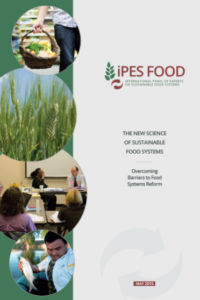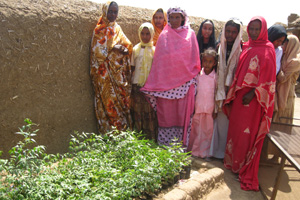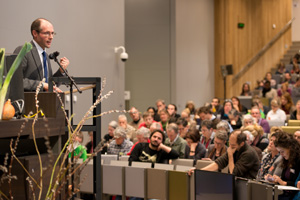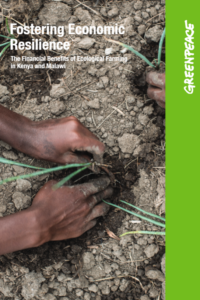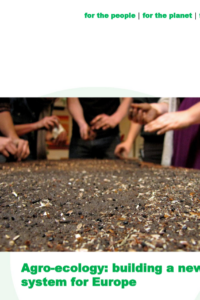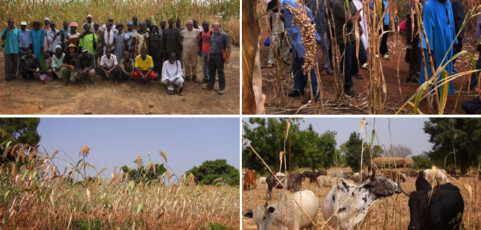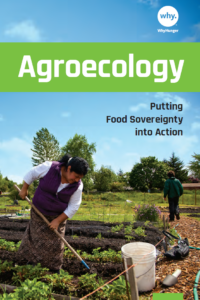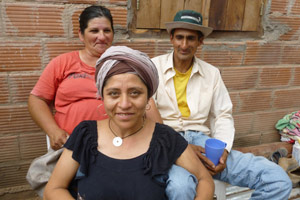Overcoming barriers to food systems reform.
Despite the mobilization of the political and scientific communities around various food systems issues, the task remains incomplete. There has been a tendency to address the problems as individual pieces of the puzzle, and to overlook the power relations that play a major role in shaping these systems. Read more

